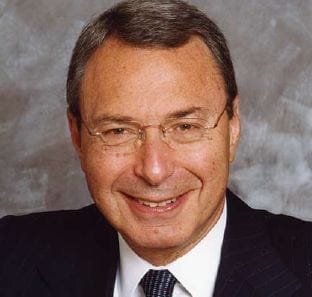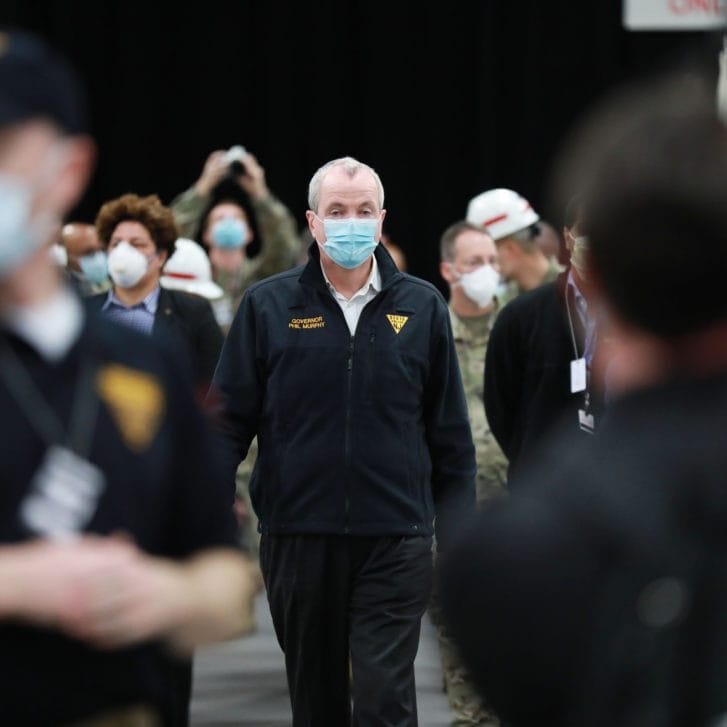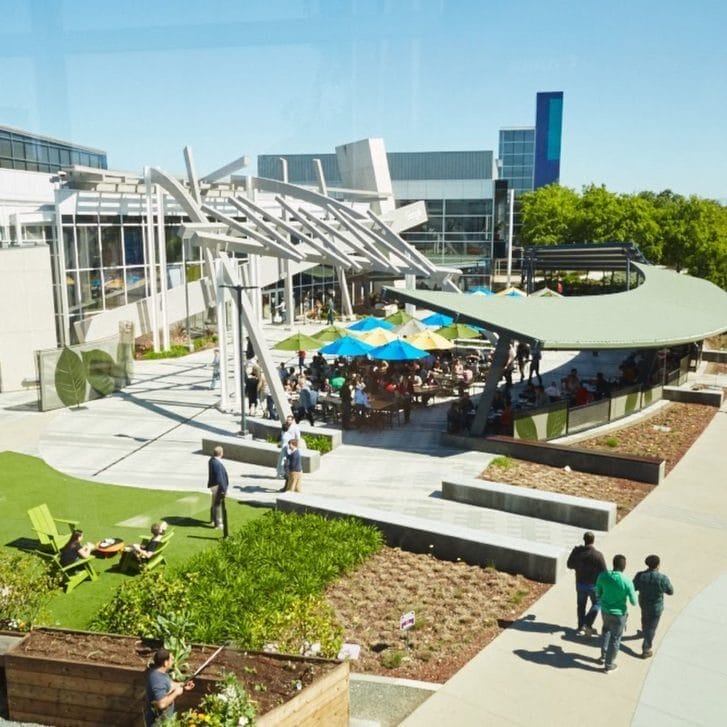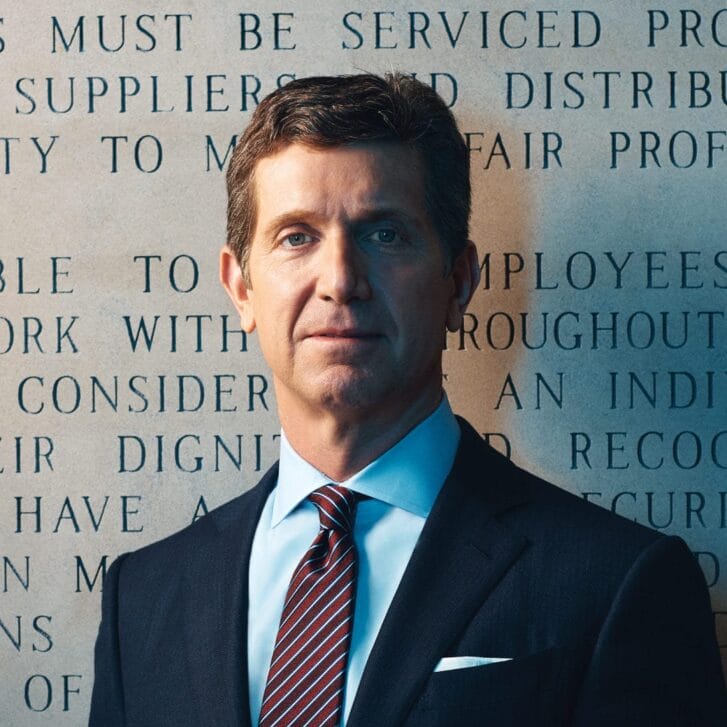As chairman of Penn’s Facilities and Campus Planning Committee, Mack championed the addition of Wharton’s state-of-the-art Jon M. Huntsman Hall, as well as new academic, residential, and retail spaces that have transformed campus in recent years. And he helped move Wharton into the future with the 1999 establishment of the William and Phyllis Mack Center for Technological Innovation through a $10 million gift. His deep commitment is ongoing — Mack serves on Wharton’s Board of Overseers and as vice chairman of the Board of Trustees for the University of Pennsylvania. He is also a former chairman of Wharton’s Undergraduate Board. From the time that Mack left Wharton and until he reconnected with the School more than 20 years ago, he was building one of the world’s largest real estate organizations.
Mack is the founder and managing partner of Apollo Real Estate Advisors, a multibillion-dollar real estate investment and development company, which operates in 40 U.S. states and 20 countries. He is also chairman of the Mack-Cali Realty Corp., a publicly-traded REIT with a total market capitalization of $6.5 billion.
Mack was an entrepreneur even in his very first job attempting to do equity investments with New York industrial leasing broker Robert Joseph and Co. Smart, bold, and enterprising, 23-year-old Mack proposed that the company’s equity positions include him as a partner. While working there, Mack saw new opportunities.
“Most of the inquiries for new warehouse space was for New Jersey — a foreign place for a boy from Queens,” he says. In 1963, he and his family bought an affordable, well-located 5½ acre parcel in the swamps near the Lincoln Tunnel. (“Today it’s called the Meadowlands,” he says. “It’s more stylish.”) He set up a trailer, and all of a sudden, he was a developer.
The Mack Company began building one-story industrial warehouses, then branched into office space. Today Apollo Real Estate Advisors has co-developed marquee buildings around the world, including the new TimeWarner Center in New York, and Mack-Cali owns and operates a portfolio of office buildings with 35.9 million square feet of Class A office space. Mack credits his Wharton education for much of his early success, giving him a distinct advantage.
“In those days, real estate was really a cottage industry. Most of the people in the business did not have a finite understanding of finance, but used a pretty good back-of-the-envelope sense. The level of sophistication 40 years ago was marginal.”
“My becoming an entrepreneur was a combination of being inborn and the training that I got at Wharton,” he continues. “I was always good at numbers, but Wharton helped me learn how to work out deals.”
As Mack grew more successful, his civic commitments expanded. In the 1980s and early 1990s, he helped strengthen New York as chairman of Javits Center, the first chairman of Long Island Power Authority, and a member of Empire State Urban Development Agencies. Today, in addition to his work with Wharton, Mack is currently Vice Chairman of the North Shore-Long Island Jewish Health System and Chairman of the Board for the Solomon R. Guggenheim Foundation.
“When you have good health and prosperity, you owe it to the community to give something back,” he says. “Wharton and the University are great bastions of learning, and the Wharton School is a leader in training business talent on a worldwide basis. I am very proud of the work I do.”
“The more I get involved with Wharton and Penn, the more rewarding it is.”


























